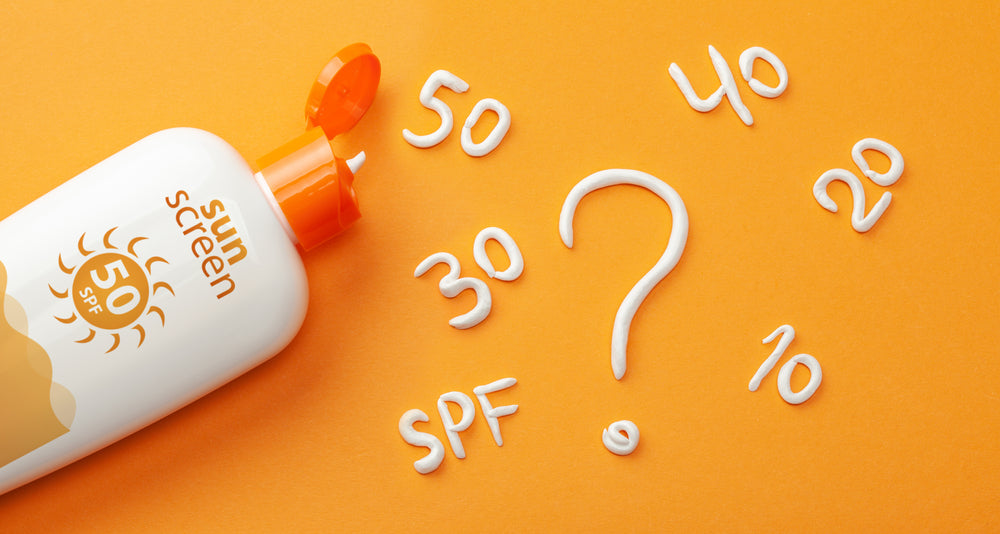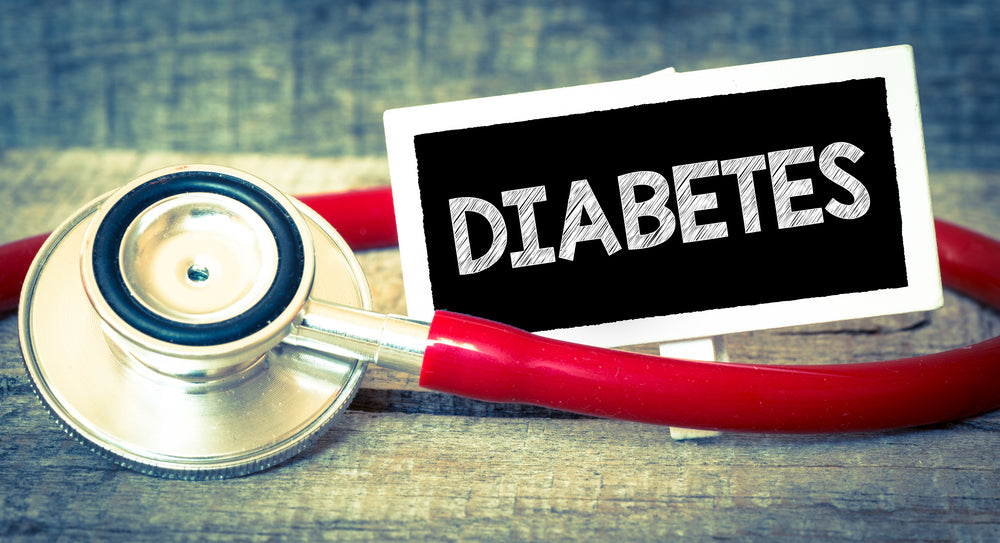I used to be a very skinny kid. Revved up by my circulating growth hormone and outside playing in the neighborhood from dawn to dusk, my mother Gerty would have to beg me to finally come back inside to eat. Relatives would chide me that I needed "a little meat on my bones." I miss those days of endless summer play.
Fast forward to high school, college, medical school and ophthalmology training, and finally professional practice, and suddenly I had to fit in a limited activity slot to stay fit. Plus, my body chemistry was changing. The critical mitochondria in my cells weren't running hot and burning away energy, instead "storing" calories on my waist line. Something had to give.
First, I gave up the "comfort foods" of burgers and fries and daily pizza. Three years ago - after a one month trial - I became completely vegan. But when I need to lose weight in a hurry (fitting into my suit for my son's wedding), I give up one meal - usually breakfast. The technique is known as Intermittent Fasting, and it's not for everyone, especially diabetics who are on medications. But when Columbia University, the university where I teach, publishes an article on Intermittent Fasting, I know it's hit the mainstream. How does it work? Insulin, which stores food as fat, is turned off when you're not eating. So, Insulin off, no storage. There is one big downside for me, however: I get cranky when I'm hungry. Cinnamon tea helps reduce food cravings in the morning. But I still call it The Misery Diet. A healthy body weight, good cholesterol and glucose levels, combined with premium quality VisiVite eye vitamins are the critical one-two-three punch for your eye health!














